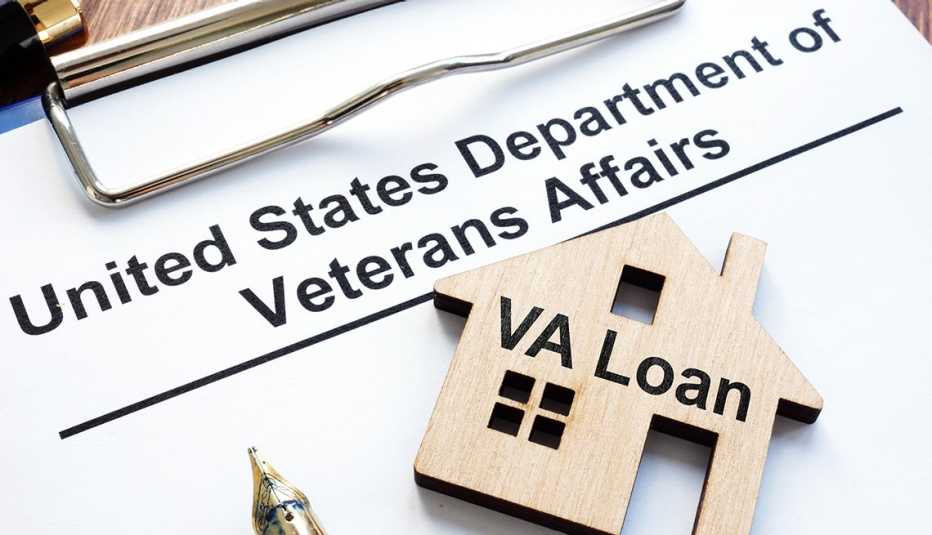Staying Fit


Older Vietnam veterans and additional National Guard members may now qualify for the no down payment home loan benefit offered through the Department of Veterans Affairs (VA).
The action comes from a law signed in January that includes provisions to expand the program’s eligibility and provide additional benefits for borrowers.
- Vietnam-era veterans whose wartime service began on or after Nov. 1, 1955, can now apply to the program. Previously, only veterans who served beginning on or after Feb. 28, 1961, could qualify.
- National Guard duty requirements were cut to 90 days of cumulative active-duty service with at least 30 of those days served consecutively.
- Veterans, service members and surviving spouses with a VA home loan living in an area affected by a declared major disaster are eligible to be charged a first-time use funding fee (rather than a subsequent use fee) on a new VA-guaranteed loan if their residence was substantially damaged. The new loan must be for the repair or construction of the property within three years of the presidential declaration of disaster.


AARP Membership— $12 for your first year when you sign up for Automatic Renewal
Get instant access to members-only products and hundreds of discounts, a free second membership, and a subscription to AARP the Magazine.
In January 2020, veterans in high-cost markets became able to buy homes without a down payment, thanks to the elimination of federally mandated conforming loan limits.
In the past, if veterans wanted to borrow above the local loan limit, they would be on the hook for a down payment (typically 25 percent of the difference between the purchase price and that limit). Now, regardless of the home price, veterans can buy a residence anywhere in the country without shelling out a down payment as long as they qualify for the loan.
"The government and taxpayers have essentially said, ‘You served your country; you sacrificed, in many cases, the ability to build savings and credit because you put your life on the line,’" says Chris Birk, director of education at Veterans United Home Loans, the top VA mortgage lender. Even for former service members who have the cash for a down payment, a VA loan is valuable. Instead of using their savings for a down payment, Birk notes, they can use that money to improve their home or build a college fund for their children.
Private mortgage lenders provide the VA loan based on their mortgage-lending guidelines, the size of the loan, and the creditworthiness of the borrowers. The VA essentially provides a form of insurance similar to other government-backed mortgage programs. If a borrower ends up defaulting, the VA usually repays the lender a quarter of the loan amount. In part because of the government guarantee, VA loans have had the lowest interest rate on the market for the past five years, says Birk.

































































More on Home and Family
Tips and Tools That Can Help Veterans Get Jobs
Take advantage of ways to update your résumé, find employers that offer programs for vetsFree Resources for Veterans Beyond the VA
Find assistance with bills, employment and moreHow to Enroll in VA Health Care
A free tool from AARP helps you find the right information from VA, DoD, Medicare, Medicaid